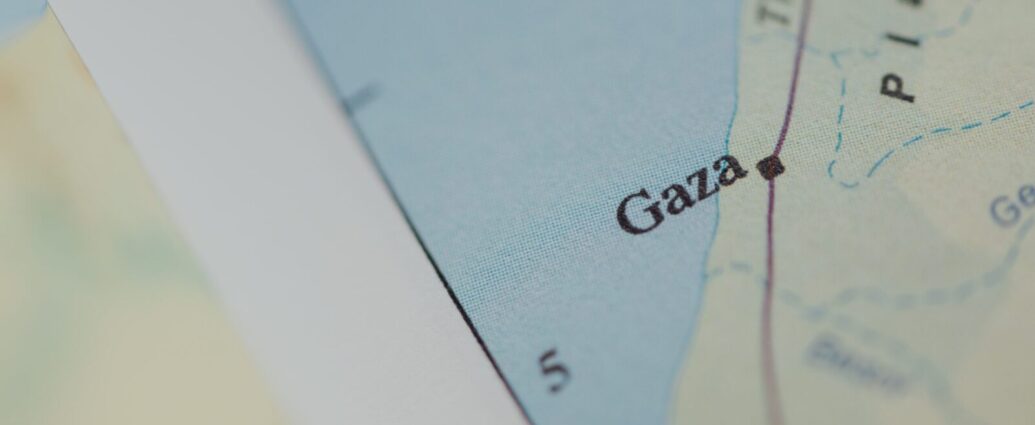Arya Nanda
Timothee Chalamet’s “distasteful” joke about Hamas during his Saturday Night Live skit caused outcry.
After seeing this reaction, I discovered there are many individuals denouncing influencers and celebrities for their lack of, or incorrect, response to the Gaza conflict.
It was evident—and understandable—that even A-list celebrities with the most devoted fan bases would not escape public scrutiny. So, it begs the question: should we anticipate that famous people will react and respond to everything? And do they all need to be activists?
Celebrity Responses to Gaza Conflict
Earlier this month, Selena Gomez faced harsh criticism for her story posts regarding the Gaza conflict. The star announced she was taking a break from Instagram due to the heartbreaking nature of what she described as “all of the horror, hate, violence and terror that’s going on in the world.”
“My words will never be enough for everyone or a hashtag,” she continued, apologising. “I wish I could change the world. However, a post won’t.”
It makes sense that such a statement from a well-respected public figure would be met with disappointment. Particularly someone like Selena, who has consistently advocated for utilising her platform to influence and bring about change
But will posting hateful remarks incessantly in the celebrities’ comment sections improve the situation in any way?
Matty Healy addresses fans asking him to speak about Israel and Palestine:
“People like me need to talk about Israel and Palestine. I’m the guy… Brittany Broski, me, all those people are the people that you need… Don’t be a f*cking idiot.” pic.twitter.com/eKgyGHebYZ
— Pop Crave (@PopCrave) November 16, 2023
When you expect your favourite celebrity to always say the right things, you will most likely be displeased in the end.
As well as Gomez, influencer and meme personality Brittany Broski was the focus of intense criticism this week for her lack of comment on the issue. A leaked video originally posted on Broski’s ‘Close Friends’ story on Instagram showed the TikToker frustrated, bemoaning being asked to express her opinion.
“[In] what dystopian universe do I have to address the situation in the Middle East at the top of a podcast episode?” she asked, visibly frustrated. “In what universe am I a voice to speak on this? I am the opposite of the person that should be speaking on this.”
“This made me realise how flimsy online activism can be.”
In the past she has expressly urged listeners of her podcast to utilise their platforms to voice their opinions. So it made sense to me why Broski’s remarks caused such a stir. It is possible that her audience felt betrayed to some extent.
However, Broski’s apology on her YouTube channel, expressing her solidarity with the people of Palestine put things in a new perspective. She clarified that her silence was out of “fear of misusing her platform”. This made me realise how flimsy online activism can be.
The Dangers of Celebrity Activism
The bitter pill to swallow here is that we aren’t entitled to anyone’s opinion – regardless of how much we look up to them. We’ve been conditioned to think social media gives everyone a voice, so we should all talk about everything all the time. Even if you don’t have strong knowledge on the subject.
“There are very real impacts to sharing misguided information.”
So, in the event of a geopolitical conflict, we shouldn’t turn to influencers or celebrities first. They are no more powerful than the rest of us. Ultimately, the civilians of Gaza don’t care about what your favourite celebrity has to say about them. Turning your phones off to shut out the horrors is a privilege that they don’t get to enjoy.
There are very real impacts to sharing misguided information. Every time someone feels compelled to share their incomplete opinions about the most recent global crisis, a lot of half-truths spread online, which should worry us all.
A survey conducted by journolink suggests 45 per cent of UK adults think they encounter fake news every day.
According to reports from 2015 to 2018, around 200 million people engaged with fake news stories on Facebook each month. It is thought that these fake news reports swayed election outcomes and disseminated false information during armed attacks, like Russia’s incursion into Ukraine or the attack on the US Capitol Building.
So, What Can We Do?
We can raise our voices, speak out, and inspire others to follow suit. But the moment we focus more on a celebrity’s opinion on a conflict rather than the real people going through it, we lose the plot entirely.
Many courageous journalists from Gaza have been covering the conflict since its beginning. Plestia Alaqad, Yara Eid, Mariam Barghouti, Palestinian filmmaker and activist Bisan are a few examples.
Increasing the visibility of real activists by hearing out and amplifying their voices, rather than relying on celebrities to respond to current events, feels like a far more beneficial approach to raising awareness online.
READ NEXT:
-
EMPOWORD EXPLAINS: ISRAEL-PALESTINE CONFLICT
-
MATTY HEALY: THE ACTIVIST NO ONE ASKED FOR
-
CAN YOU SEPARATE THE ART FROM THE ARTIST?
Featured image courtesy of CHUTTERSNAP on Unsplash. No changes were made to this image. Image license found here.

